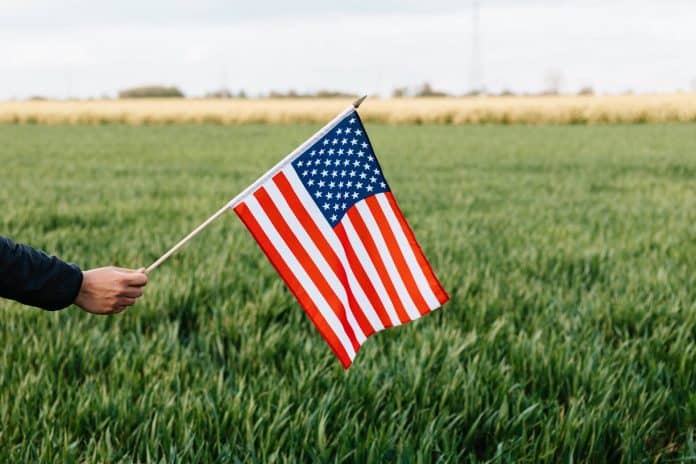When it comes to certain subjects, Americans are experts. We know our Kardashians, and most of us can name a top-40 rapper or two. But on some subjects, we lovers of apple pie and freedom can’t seem to keep our facts straight. In fact, what we don’t know is usually way more interesting than what we do.
Some of these knowledge voids are silly. Others are terribly serious. All of them are pretty surprising. We dug through the polls and surveys to identify the weirdest things that Americans don’t know. We’re not sure we could do any better than the folks who failed the quizzes below, but there’s only one way to find out.
See how you stack up against a bunch of Americans who aren’t quite sure how to separate the facts from the…not-facts.
As Americans, we generally have no idea how the Constitution works.
The U.S. Constitution is unquestionably one of the greatest accomplishments of Western democracy. It’s the blueprint that allows our republic to function, and Americans care deeply about protecting it. The problem: They don’t really know anything about it.
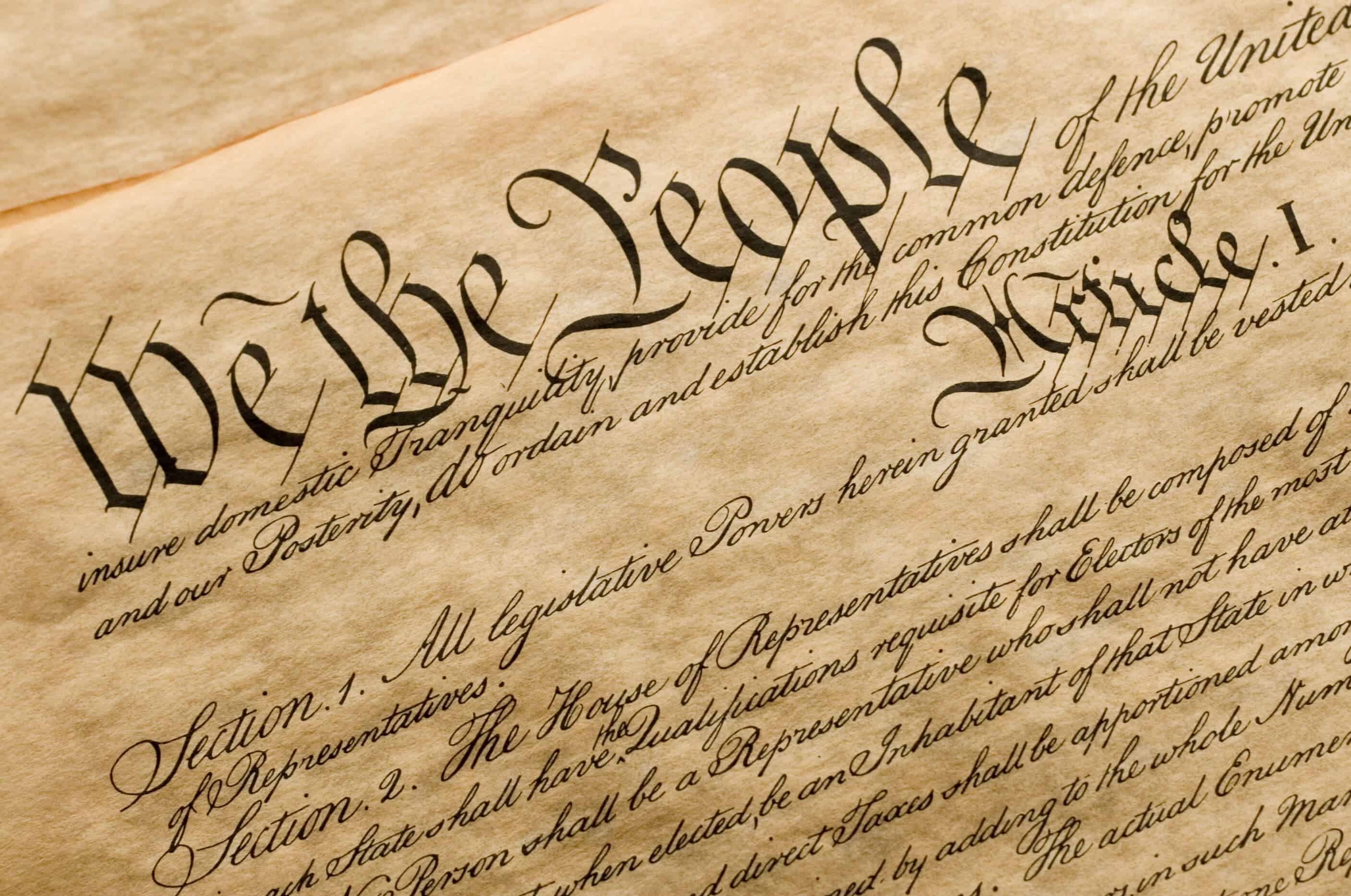
A 2017 poll from the University of Pennsylvania found that Americans have a remarkably poor understanding of their constitutional rights. Thirty-seven percent of respondents couldn’t name a single right guaranteed by the First Amendment, and 53 percent believe that immigrants who are in the country illegally don’t have any rights under the Constitution (they do).
Perhaps most distressingly, only 26 percent of Americans can correctly name all three branches of government. In case you’re wondering, the three branches are the executive branch, the legislative branch, and Space Force…uh, sorry, the judicial branch.
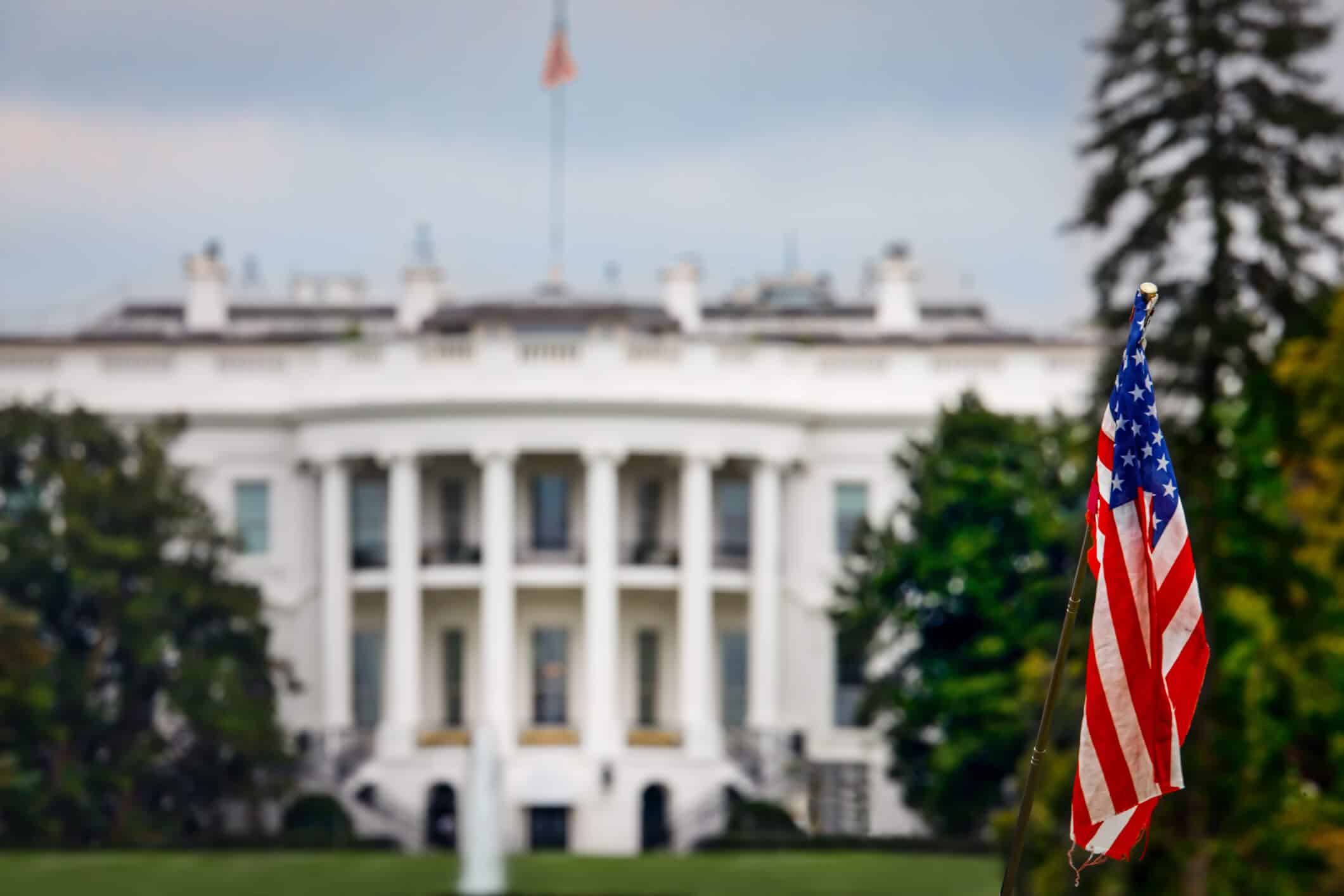
Granted, that’s just one poll, but other surveys have had similar results. The Washington Post notes that surveys usually find that 35-40 percent of Americans can name all three branches of government, which is a higher rate than the University of Pennsylvania survey, but still remarkably low.
Another survey, commissioned by constitutional organization James Madison’s Montpelier, found that 91 percent of Americans say that the Constitution is important to them. Apparently, it’s not important enough to actually read, but it’s important, nonetheless.
Most Americans have a terrible grasp of basic geography.
First, the good news: Ninety-four percent of young Americans (aged 18 to 24) can find the United States on a world map, per a National Geographic Society survey from 2006 (link opens a PDF). Ninety-two percent of respondents could find Canada, while 88 percent could find Mexico.
Now, the bad news: In the same survey, 63 percent of people couldn’t find Iraq on a map of the Middle East. Seventy-five percent of people didn’t know that a majority of Indonesia’s population is Muslim—it’s the largest Muslim-majority country in the world by population—and most people drastically overestimated the size of the U.S. population.
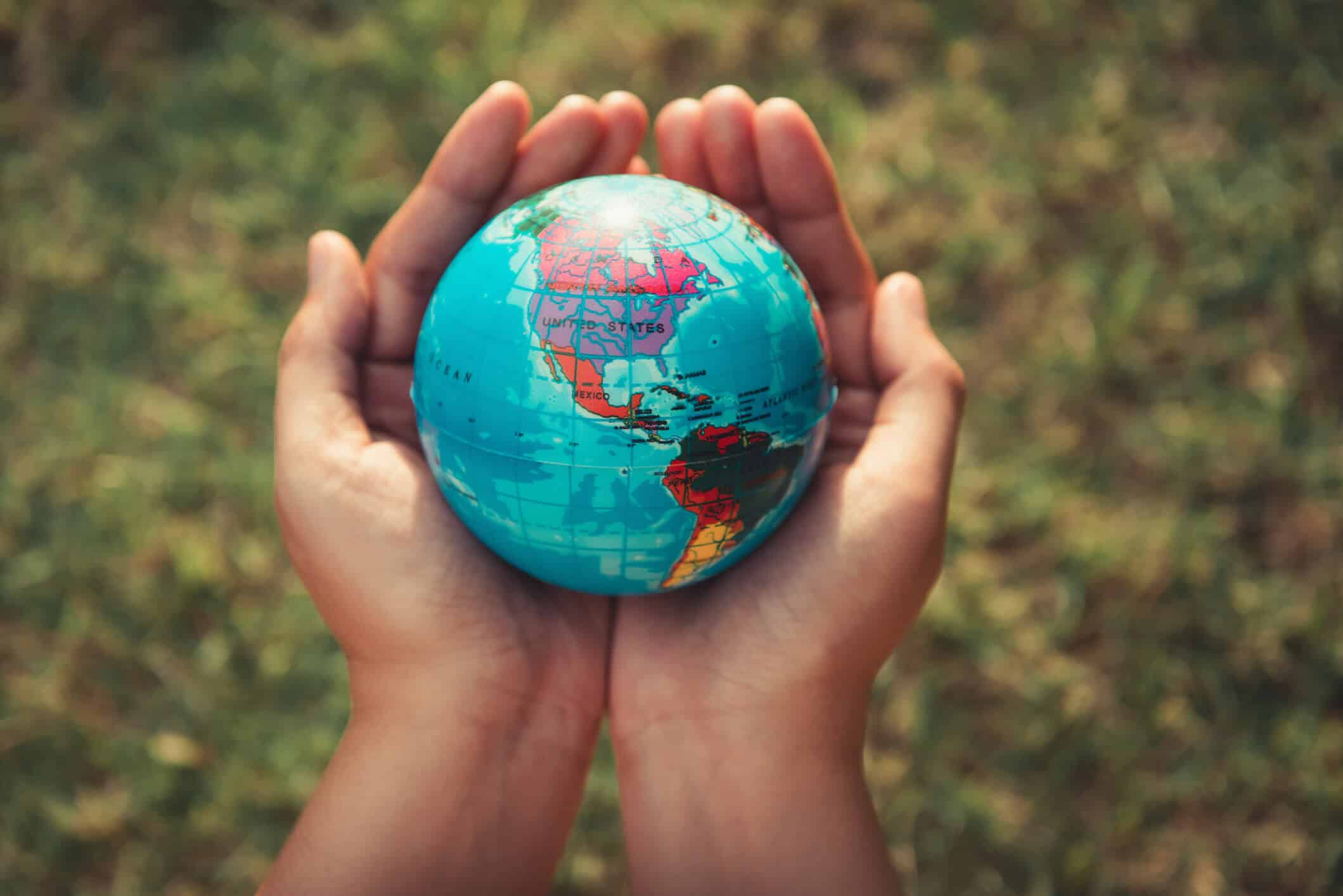
“Such lack of geographic literacy shows up closer to home, as well,” the survey’s authors wrote. “Half or fewer of young men and women 18-24 can identify the states of New York or Ohio on a map.” Ouch.
That’s important, because a basic knowledge of geography does seem to affect the way we think. One experiment conducted by The New York Times found that people who could correctly identify North Korea on a map were much more likely to prefer diplomatic tools like economic sanctions to military engagement.

By the way, about 35 percent of adults could actually find North Korea on an unlabeled map of Asia. Older people were far more likely to successfully identify the country.
Recently, Jimmy Kimmel Live performed a less scientific (but much more entertaining) exploration of Americans’ geographic literacy. Granted, the producers cherry-picked the most ignorant responses since it’d be pretty boring to watch a bunch of people correctly identify Lithuania, but it’s still an eye-opening look at the importance of good geography classes.
Unfortunately, things probably won’t get better anytime soon. A 2015 report from the Government Accountability Office (link opens a PDF) found that more than half of eighth-grade teachers spent 10 percent or less of their social studies instruction time on geography, and only 10 states require students to complete a geography course in order to graduate from high school.
Most of us believe in the supernatural.
Who you gonna call? Gallup pollsters.
The big-name polling firm asks people about their beliefs in the supernatural every so often. While the latest Gallup poll on magic we could find is from 2005, we certainly haven’t seen Americans getting more respectful of science in the years since, so these numbers still have something to tell us today.

And what numbers they are. A full 75 percent of Americans believed in some form of the supernatural, according to that poll. As a special treat, Gallup divided its findings up by particular belief. That’s how we know that 41 percent of the respondents believe in extrasensory perception, or ESP—that is, the reception of information outside of the five natural senses. Think mind-reading, seeing into the future, that sort of stuff.
Next-most-popular we have haunted houses, which 37 percent of the Americans in the poll believe in. Only 21 percent believed in witches, which is good news if you’re a witch.

Reluctantly, the pollsters added a question about aliens, too. They included the question with the following apologetic note:
“Strictly speaking, visits from aliens are not part of paranormal beliefs,” the report states. “Although definitive scientific evidence of such visits is lacking, in principle the existence of extraterrestrial beings and their ability to visit Earth are subject to empirical verification.”
For the record, 24 percent of the respondents believe that aliens have swung by our planet. Compare that to 51 percent who deny the visits, and 24 percent who aren’t sure.
We’re divided on healthcare. We’re also confused.
We’re going to ask you to put aside your opinion on Obamacare for just a second. We know, we know, it isn’t easy. But we promise: You can go back to praising or trashing the law the second we’re done with this section.
Okay. Next, set aside your feelings about the Affordable Care Act. Was that easier or harder? And are you among the 35 percent of Americans who don’t know that Obamacare and the Affordable Care Act (ACA) are, in fact, two names for the same policy?

A 2017 poll discovered that a sizable portion of us aren’t sure what we’re talking about when we argue over health care policy. The confusion got even worse when pollsters asked what would happen if Congress repealed Obamacare. Twelve percent of Americans answered that the ACA would remain, even if Obamacare were swept away. Thirty-two percent weren’t sure. That’s a total of 44 percent of Americans who don’t fully grasp the fact that the ACA and Obamacare are two names for the same thing.
We like to yell and scream about health care policy. We might find it easier to reach common ground if we had a common understanding of the law as it stands.
We’re a bit fuzzy on the concept of Puerto Rican citizenship.
Question: What’s somewhere between a U.S. state and a foreign nation? Answer: a commonwealth of the United States, which is what Puerto Rico is. So are the Northern Mariana Islands, but you don’t tend to see people arguing the U.S. citizenship of Northern Marianans.

In September 2017, as the people of Puerto Rico were struggling to recover from the devastation of Hurricane Maria, research company Morning Consult released a poll that found nearly half the country doesn’t know that Puerto Ricans are, by definition, U.S. citizens.
If you’re born in a U.S. commonwealth, you’re a U.S. citizen. It’s that simple. Now, because these places aren’t states, residents don’t get to vote in U.S. elections. They send a representative to Congress, but that official doesn’t vote on legislation. But people born in these commonwealths are U.S. citizens, with all the rights and responsibilities that come with the designation.
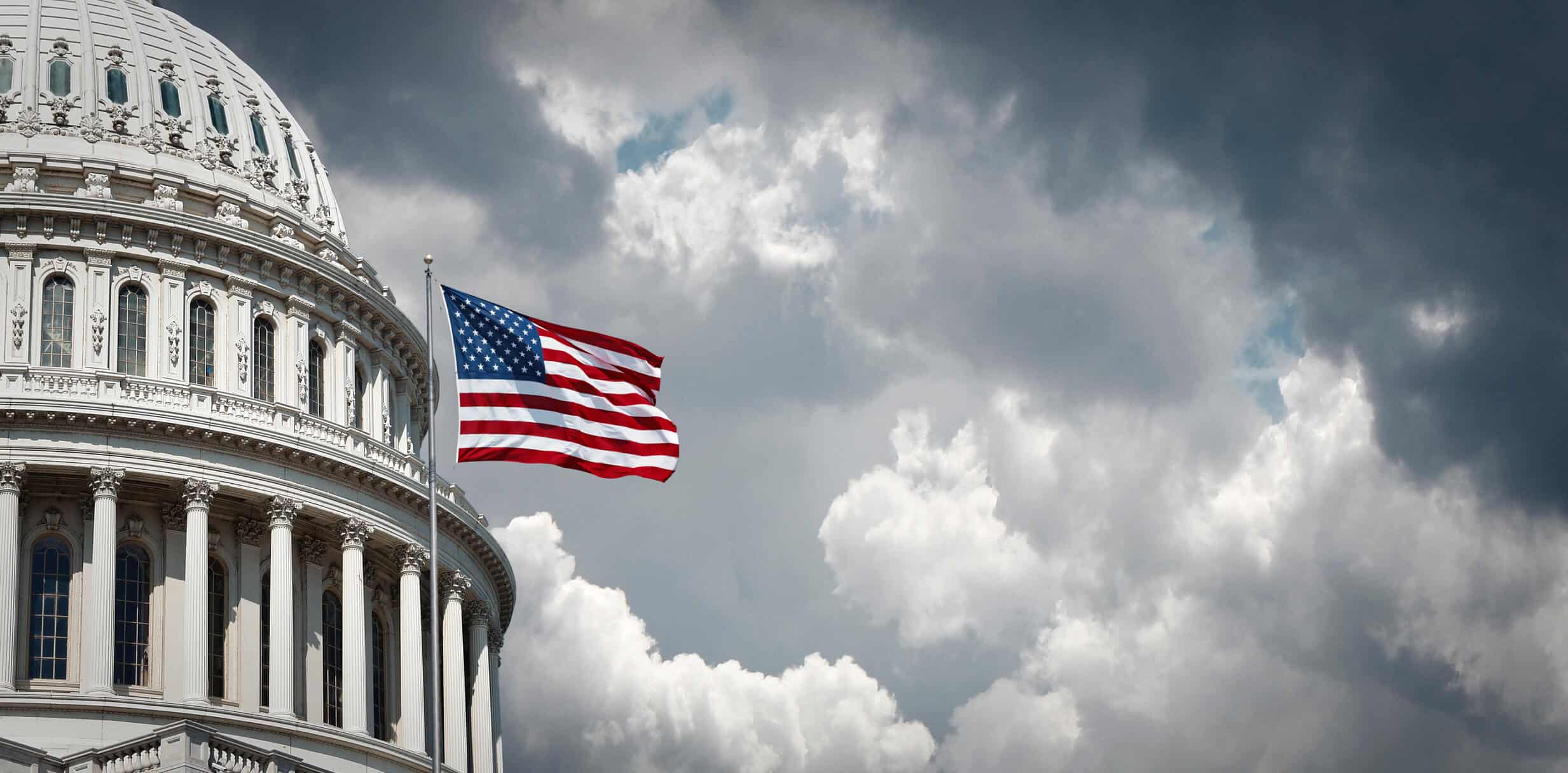
According to the Morning Consult poll, which questioned a sample of 2,200 Americans, 54 percent of the respondents were aware that people born in Puerto Rico are U.S. citizens. That has real policy implications; the same poll found that 81 percent of the Americans who know Puerto Ricans are citizens supported aid for the hurricane-ravaged nation; only 44 percent of those who didn’t know wanted to send help.
So that’s dumb and depressing. But to be clear, we’ll say it one more time: Puerto Ricans are, in fact, U.S. citizens.
We don’t know (some of) our Presidents.
Quick, grab a $10 bill. Whose face is on it?
If you said, “Why, President Alexander Hamilton, of course,” you’re half right. Hamilton was never President of the United States; he was a Founding Father, the first Secretary of the Treasury, and a Tony-winning rapper, but he never served in our nation’s highest executive office.

Unfortunately, most Americans are woefully ignorant of that fact, according to a 2016 study from Washington University in St. Louis.
“Our findings from a recent survey suggest that about 71 percent of Americans are fairly certain that Alexander Hamilton is among our nation’s past presidents,” said Henry L. Roediger III, a human memory expert at Washington University. “I had predicted that Benjamin Franklin would be the person most falsely recognized as a president, but Hamilton beat him by a mile.”
Maybe it’s due to the fact that Hamilton’s portrait looks remarkably presidential.
“The interesting thing is that their confidence in Hamilton having been president is fairly high,” Roediger noted, “Higher than for six or so actual presidents.”
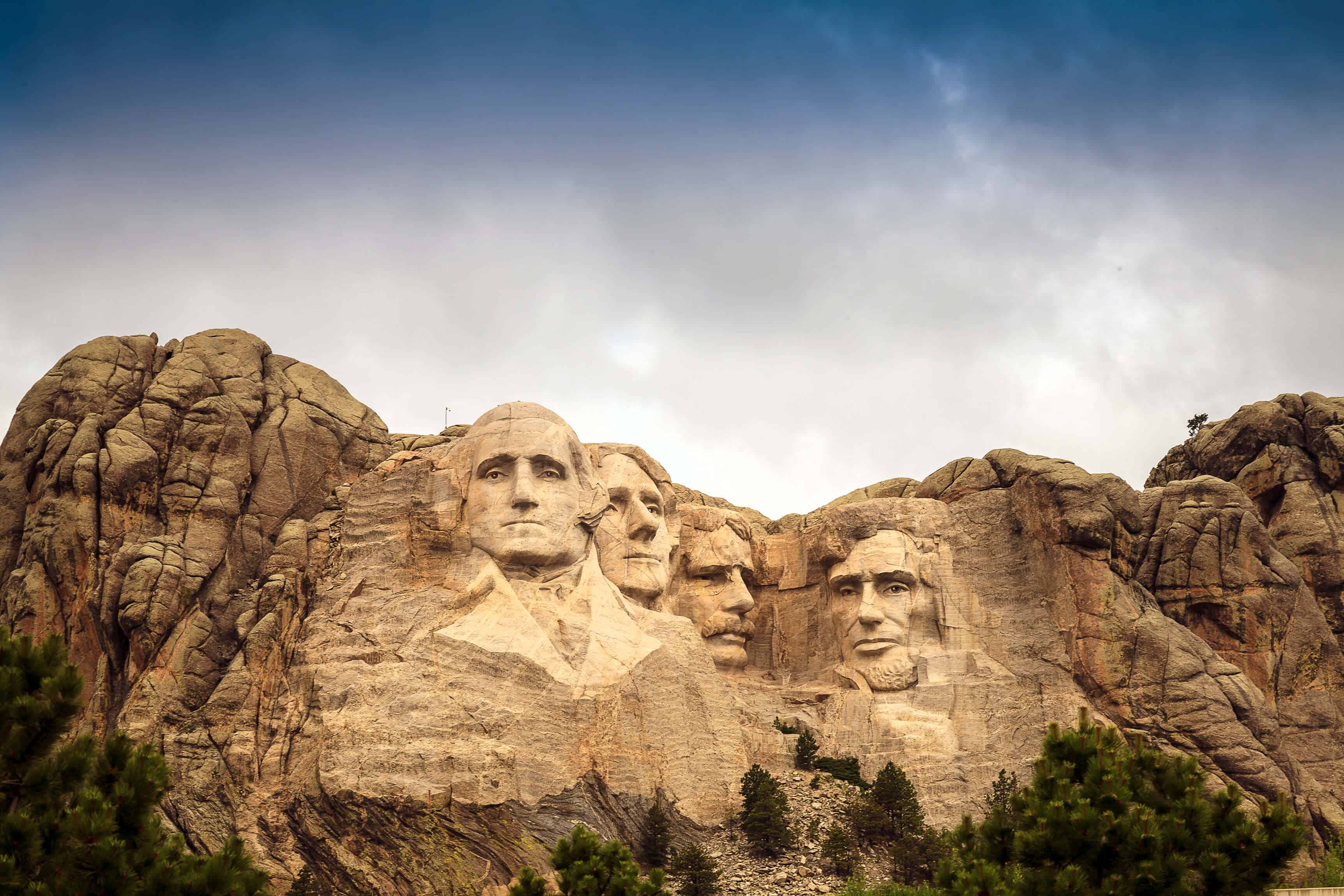
In case you’re wondering, those forgotten Presidents included Franklin Pierce and Chester Arthur, who respondents recognized less than 60 percent of the time. About a third of respondents falsely recognized the name “Thomas Moore” as that of a former American President; researchers chose that name simply because it’s common, and no Thomas Moores played an especially prominent role in American history (although one Thomas Moore participated in the Boston Tea Party).
“Our best guess is that the Anglo-Saxon structure of his name, the frequency of both parts of the name, and possibly his confusability with Sir Thomas More, the counselor to King Henry VIII, may have contributed to the name’s familiarity and false recognition,” Roediger said.
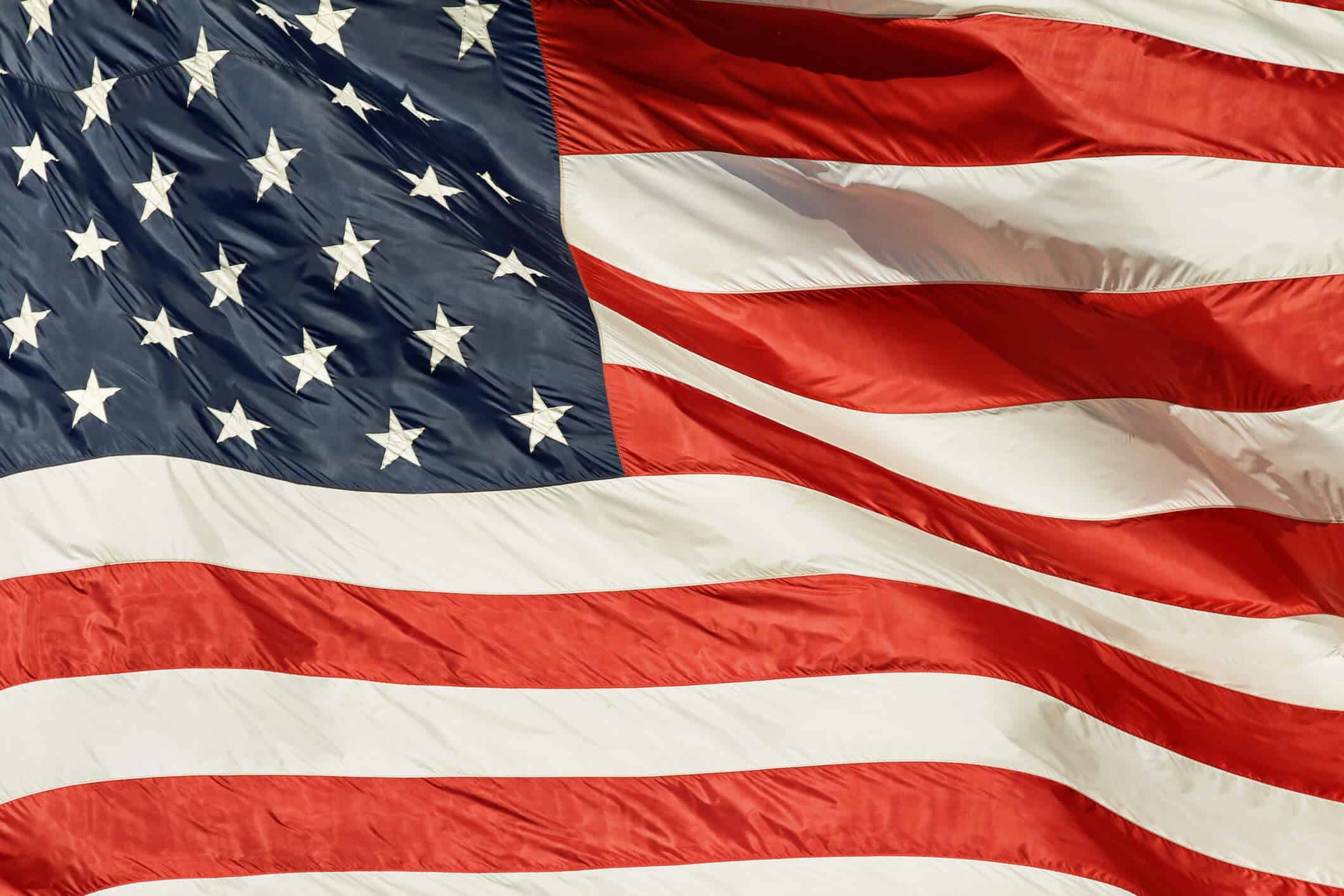
We can appreciate that Roediger is trying to give Americans an out there, but given that most people think that Alexander Hamilton was a President, we really doubt that Americans have ever heard the name of King Henry VIII’s counselor.
Astronomy and astrology are not the same thing.
We’re Scorpios, so we find this particular statistic infuriating: Twenty-two percent of Americans say that astronomy is the study of how planets and stars affect our personalities and behavior. That’s astrology you’re looking for, folks.
Here’s the difference. Astronomy is a science concerned with objects in space, the sky, and the general construction of the physical universe beyond Earth. Astrology is a purported connection between impossibly distant bodies and, like, inner human spirits or something. It mostly exists to employ horoscope writers. Don’t get us wrong: Astrology is fun. It’s just not science.
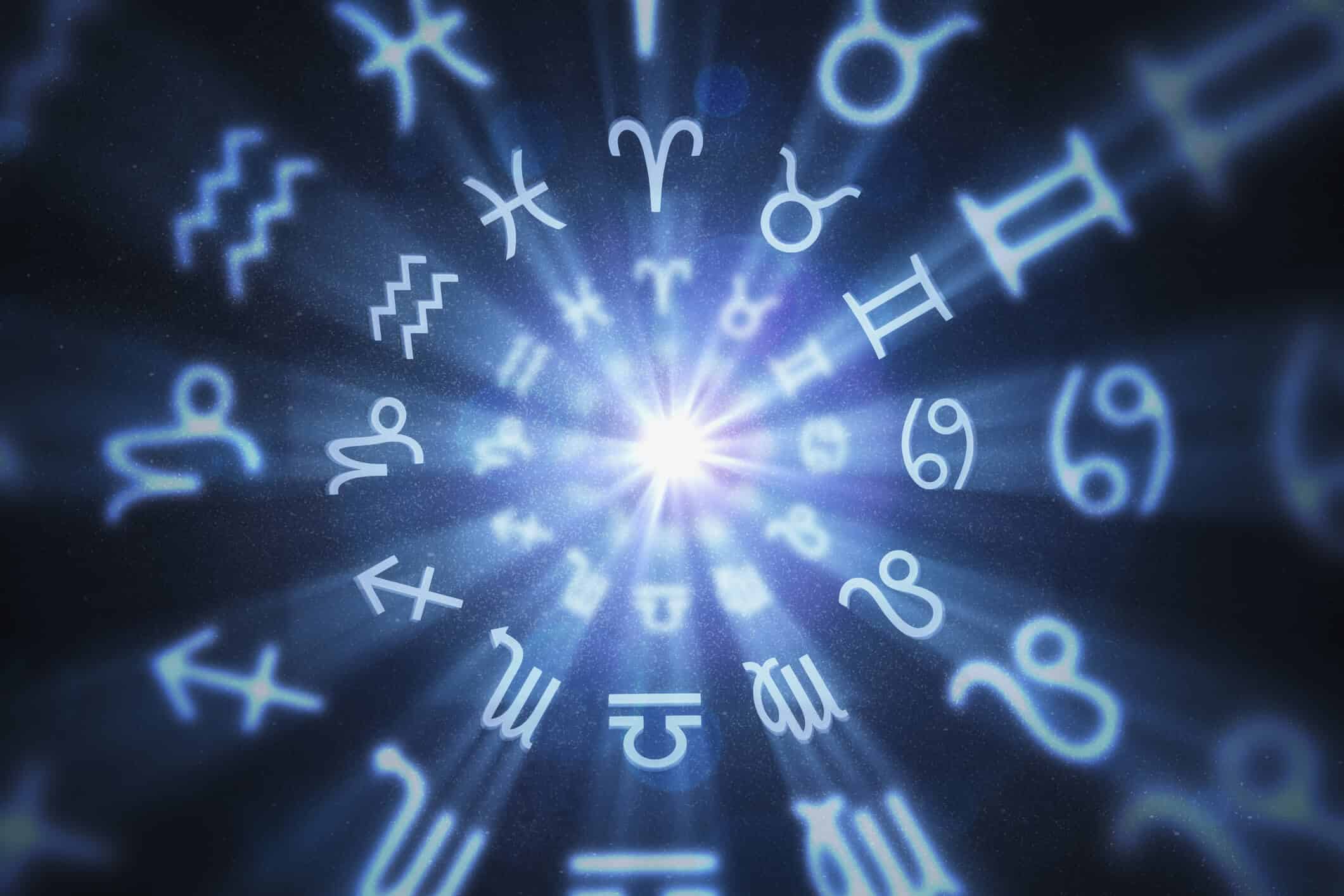
This tidbit of confusion comes to us courtesy of the Pew Research Center, which conducted a 2015 poll to find out how little Americans know about basic science. The news isn’t all bad. As much as 86 percent of the respondents knew that the Earth’s core is the hottest layer of the planet.
Seventy-two percent knew that a light-year measures distance. And, despite our Scorpio’s venom about the 22 percent that couldn’t distinguish astronomy from astrology, a comforting 73 percent could. (The last 5 percent responded with something so weirdly wrong that pollsters couldn’t categorize it.)
If you love to read your horoscope and do your friends’ star charts, by all means, keep on going. Just don’t confuse astrology with astronomy; the latter is the boring one.
A lot of us can’t even tell fact from opinion.
Whoo boy. It’s hard to have a substantive debate about the facts when you can’t agree on what those facts are. This is what the pundits mean when they say we live in a post-fact world: In a Pew Research Center survey, only 26 percent of American adults could correctly identify five of five factual news statements. The majority—28 percent, to be specific—could only point out two or fewer of the facts on the survey.

People were a bit better at identifying opinions. Thirty-five percent of the survey-takers got all five opinion statements right. But still, more than 20 percent couldn’t accurately point out more than two of the five opinion statements.
As you might expect, people who were more “digitally savvy” were better at separating fact from opinion. So were those “with high levels of political awareness.” Ambient trust in the media also affected people’s success with the survey; those who trust news outlets more were better at identifying facts as facts.

As the Pew report states, there’s good news and bad news here. “At this point, then, the U.S. is not completely detached from what is factual and what is not,” the report says. “But with the vast majority of Americans getting at least some news online, gaps across population groups in the ability to sort news correctly raise caution.”
That’s an understatement, Pew. Also, how would you like to have a name like “Pew?” We’d like to see the survey of how many people identify the word “Pew” with an unpleasant odor; bet it’s most.
Apparently, a sizable percentage of Americans believe that chocolate milk comes from brown cows.
Wait, seriously? How…okay, we’re going to need a minute.
Okay, we’re back; we just took a long walk, during which we thought seriously about moving to New Zealand. Unfortunately, we couldn’t find New Zealand on a map, so we’re back at square one. Let’s dive into this.
A survey commissioned by the Innovation Center of U.S. Dairy found that seven percent of American adults believe that chocolate milk comes from brown cows. That’s about 16.4 million people.
That might seem mind-bogglingly dumb, but it’s not really an outlier; a Department of Agriculture survey from the 1990s (link opens a PDF) found that 12.3 percent of Americans thought that hamburger came from pigs, while 5.9 percent of respondents admitted that they had no idea where hamburger came from.

What could possibly explain that level of ignorance? Well, the way we shop, for one.
“Right now, we’re conditioned to think that if you need food, you go to the store,” Cecily Upton, co-founder of the nonprofit FoodCorps, told The Washington Post. “Nothing in our educational framework teaches kids where food comes from before that point.”
There’s another possible explanation—at least for the chocolate milk thing. The survey specifically asked about brown cows; it’s conceivable that some of the respondents decided to give the joke answer, since, hey, it’s pretty funny. Over a large enough sample, that kind of tomfoolery could wreak havoc with the survey’s accuracy.
For our own sanity, that’s what we choose to believe. Americans aren’t dumb—the people taking the surveys are using flawed methods. Americans are still the smartest, most well-informed people on the planet; doesn’t that feel better? Now, if you’ll excuse us, we’re going to enjoy a nice, cold cup of brown cow milk while thumbing through a copy of the U.S. Constitution.

